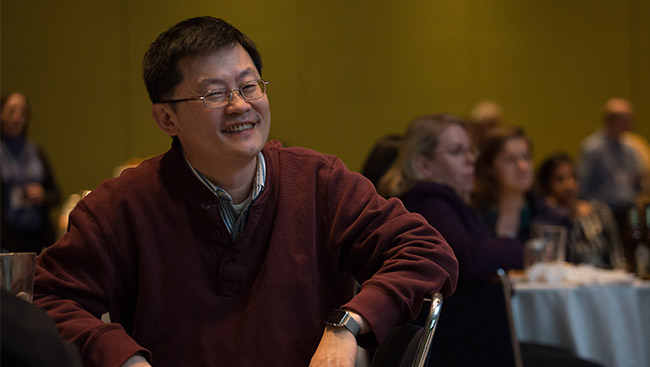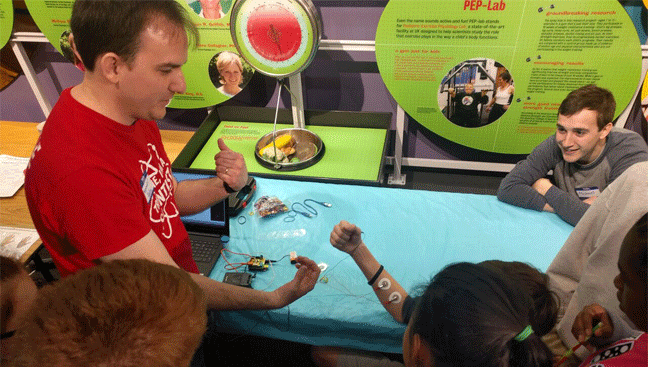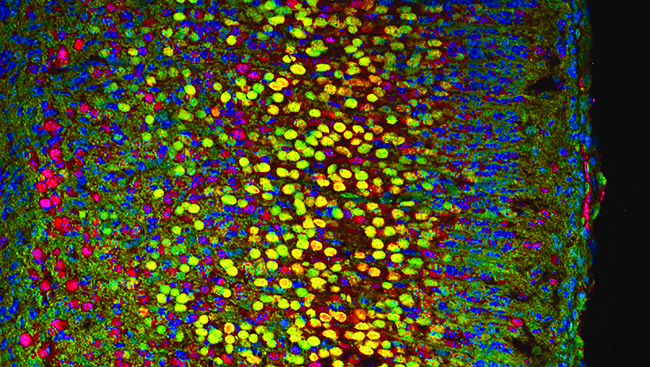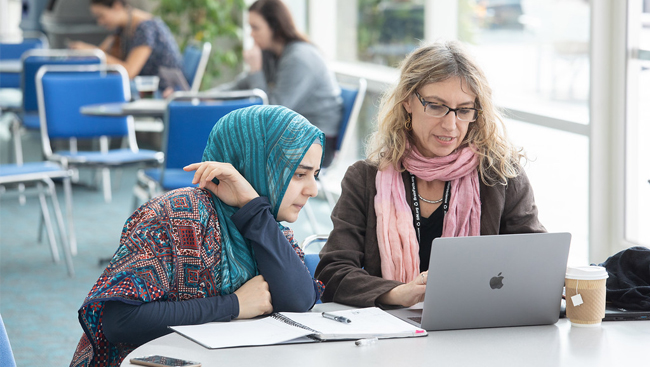Stepping Out of the Lab to Prepare for Different Career Paths
- Featured in:
- Training for Diverse Career Paths

This resource was featured in the NeuroJobs Career Center. Visit today to search the world’s largest source of neuroscience opportunities.
There is a general consensus that we need to broaden neuroscience graduate training to prepare our students for different career paths. This may entail encouraging them to take non-traditional elective classes, attend workshops and meetings in diverse fields, and pursue internships and opportunities to get experience and make connections not available in a laboratory.
However, the vast majority of the careers our graduates will pursue have strong commonalities with the regular academic track that my faculty colleagues and I followed.
They will need to be leaders, manage people on their team, have an excellent command of scientific principles, communicate clearly with scientists and non-scientists, perform their duties ethically, and, importantly, multitask to juggle the myriad disparate activities that form the core of their job.
Thus, while I believe that graduate students need to build a customized educational experience to prepare themselves for their own unique futures, there are many common building blocks that benefit all students. Many of those skills cannot be found within a traditional graduate program’s regular coursework and bench work.
Here’s what I mean:
A few years ago, I started an outreach activity for Brain Awareness Week. We began with a few graduate student volunteers and a local school district. The program grew, and the students stepped up.
Brain Awareness Week is now an annual event run by a student committee that brainstorms new, hands-on, and age-appropriate activities that educate students about the brain. The student leaders also interface with teachers and administrators to organize school visits, recruit and train volunteers, and travel with the volunteers to perform the outreach activities.
Our Brain Awareness Week (more like a month most years!) has been a huge success, with rave reviews from the elementary school children, teachers, and volunteers. But this activity takes a large commitment — especially from students in leadership roles on the committee.
Aside from the time taken to travel to schools and interact with young children, many hours are spent on researching and testing new activities to make sure that they will be fun yet successful in quickly passing on neuroscience concepts. Then, they spend time emailing teachers, working out schedules, and coordinating volunteers.
When one of my graduate students decided to join the Brain Awareness Week committee, I was apprehensive about this time commitment and the impact it would have on her productivity in the lab. As I watched her go through the experience, I weighed the pros and cons.
At first glance, this was an effort tangential to her PhD work and training — almost a distraction from what she should be focusing on: lab work, analyzing data, and writing publications.
But the more I followed her efforts, I began to see it differently. This was an activity that reinforced many of the important skills we try to impart in our classes and in our labs. She was learning to:
- Become a leader in the lab as a senior graduate student, and in Brain Awareness Week by organizing a large, multi-faceted event.
- Work as part of a team and manage a large volunteer body that needed to be trained and organized.
- Communicate science — in this case with young children — which takes a clarity much more profound than when talking to adults.
- Be an ethical scientist by giving back to the community that supports our scientific endeavors and that needs to be better prepared for understanding our future research efforts.
- Manage her time — balancing her thesis work with other commitments — an ability critical in every scientific career.
These are all points of emphasis in our graduate program’s educational mission. We teach them in the classroom and in the lab. But it takes stepping out of classrooms and labs to hammer these lessons home. And these lessons are critical for success in a multitude of careers — whether you follow a “non-traditional” or academic path.









